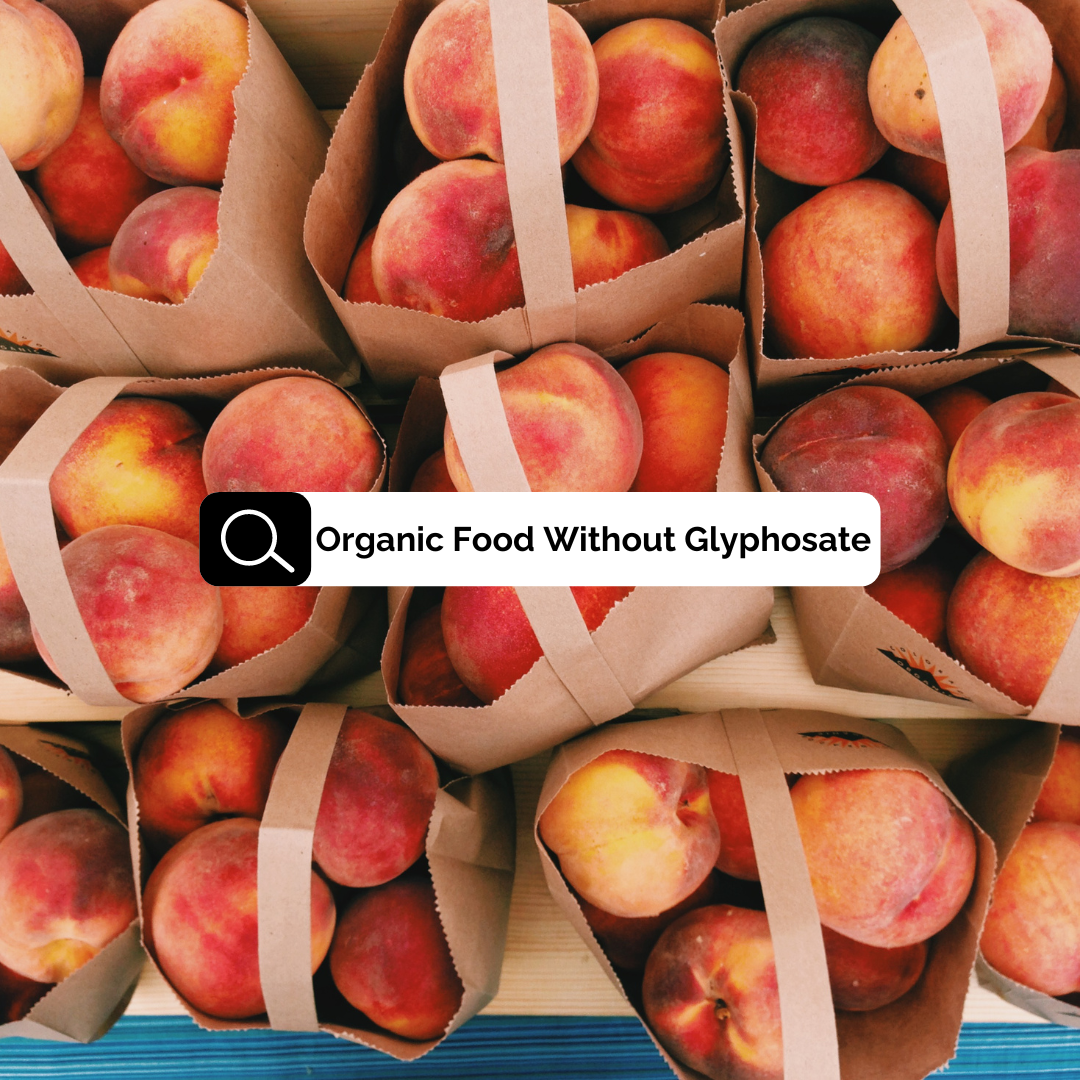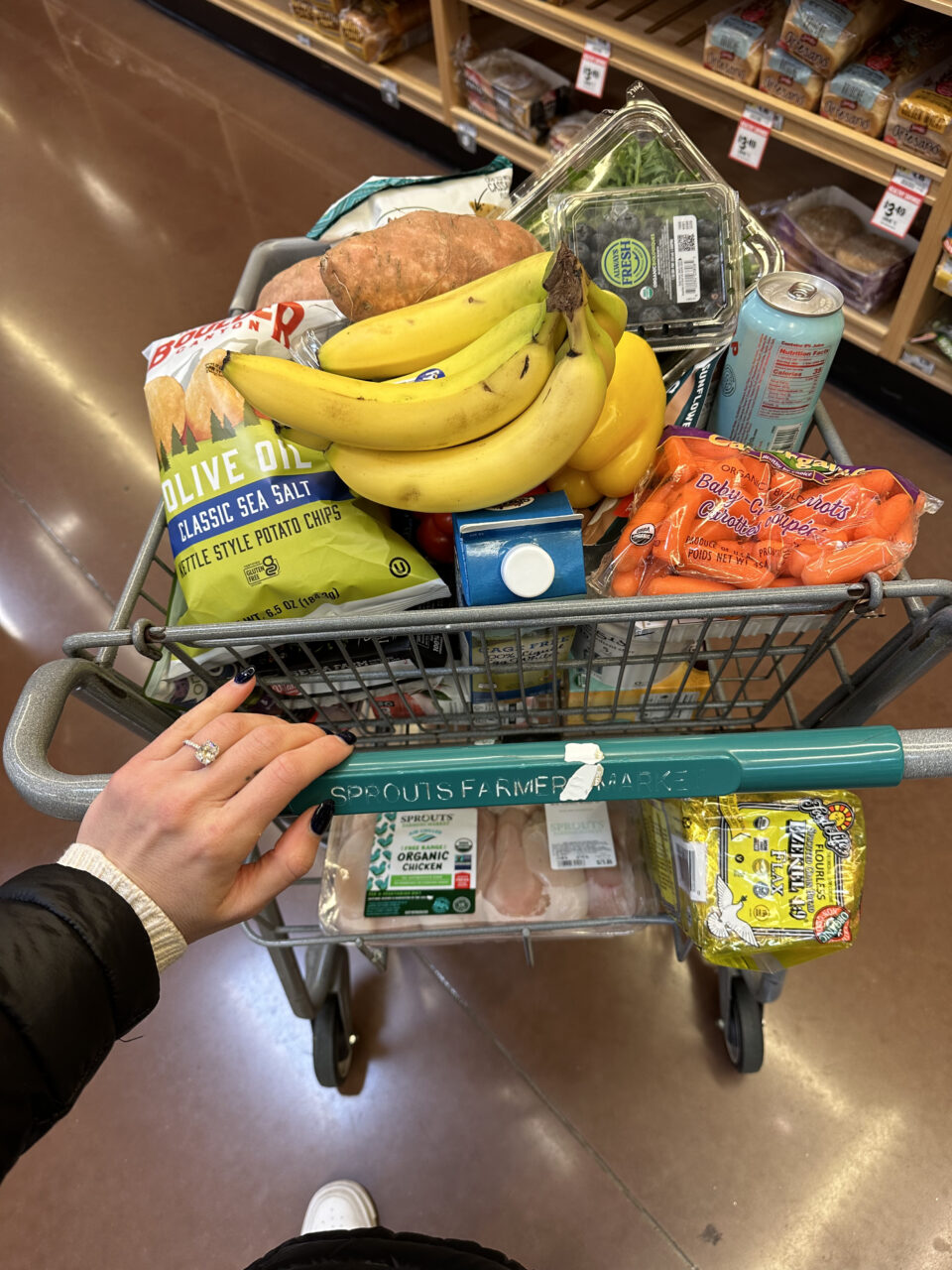Let’s dive into a topic that hits close to home for many of us…
Our love-hate relationship with sugar.
We’ve all been there, right?
Trying to focus on mindful munching, only to discover that sugar has a Ph.D. in disguise.
In our quest to be more mindful of what we put into our bodies, we often find ourselves deciphering an intricate sugar code.
From the obvious culprits to the undercover agents hiding behind fancy names, we’re going to explore it all.
So, the question becomes:
Are natural sugar alternatives better than refined sugar?
In an effort to cut back sugar intake, some people use natural alternatives, but some of these “healthy sugar substitutes” are not as great as you may think.
Did you know there are over 40 names for sugar used in product labeling to disguise its presence?
The next time you’re grocery shopping or label scanning, look for these undercover sugars:

There’s two different types of sugar you should be aware of:
Natural Sugar: naturally occurring in food like fruit. Consuming natural sugars is okay unless you have specific health issues that require you to watch your natural sugar intake. This doesn’t mean to have 4 cantaloupes or 5 apples a day. It means having sugar is OKAY!!
Unrefined Sugar: minimally-processed sugars that allow the final product to maintain all or most of its nutrients. (This is what I use in my home if I’m baking.)
Personally, this is what I use in my home if I’m baking and/or needing sugar:
- Coconut Sugar – this sugar is made from the sap of coconuts. It’s very similar to brown sugar and it’s low on the glycemic index.
- Date Syrup/Date Sugar – date sugar and syrup is full of minerals like potassium and it’s a great replacement for granulated sugar. I recommend drizzling it on yogurt!
- Pure Maple Syrup – Look for 100% pure maple syrup – it’s your cleanest option. I loooove maple syrup – sometimes I sweeten my matcha with it!
- Raw + Unfiltered Honey – avoid honey that’s not raw and unfiltered, it will undergo a refining process that strips all of its nutrients.
Everyday we have a choice over what we put into our bodies.
It doesn’t have to be hard or expensive to explore healthier sugar alternatives and make informed choices for a healthier lifestyle.
The information in this newsletter is a great way to hit the ground running. You’re already well on your way!
To make it even easier for you, check out my budget vs. boujee shopping list:
Budget vs. Boujee
|
|
The next time you make that iced latte or meal prep for those overnight oats, be mindful of the type of sweetener you’re adding in.
Just like our low-tox lifestyle talk, tiny additives add up to monumental results.



